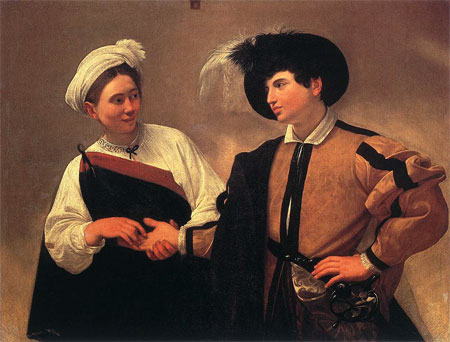1.
What are the islands to me,
what is Greece,
what is Rhodes, Samos, Chios,
what is Paros facing west,
what is Crete?
What is Samothrace,
rising like a ship,
what is Imbros, rending the storm-waves
with its breast?
What is Naxos, Paros, Milos,
what is the circle about Lycia,
what, the Cyclades’
white necklace?
What is Greece—
Sparta, rising like a rock,
Thebes, Athens,
what is Corinth?
What is Euboia
with its island-violets,
what is Euboia, spread with grass,
set with swift shoals,
what is Crete?
What are the islands to me,
what is Greece?
2.
What can love of land give to me
that you have not—
what do the tall Spartans know,
and gentler Attic folk?
What has Sparta and her women
more than this?
What are the islands to me
if you are lost—
what is Naxos, Tinos, Andros,
and Delos, the clasp
of the white necklace?
3.
What can love of land give to me
that you have not,
what can love of strife break in me
that you have not?
Through Sparta enter Athens,
Thebes wrack Sparta,
each changes as water,
salt, rising to wreak terror
and fall back.
4.
“What has love of land given to you
that I have not?”
I have questioned Tyrians
where they sat
on the black ships,
weighted with rich stuffs,
I have asked the Greeks
from the white ships,
and Greeks from ships whose hulks
lay on the wet sand, scarlet
with great beaks,
I have asked bright Tyrians
and tall Greeks—
“what has love of land given you?”
And they answered—“peace.”
5.
But beauty is set apart,
beauty is cast by the sea,
a barren rock,
beauty is set about
with wrecks of ships,
upon our coast, death keeps
the shallows—death waits,
clutching toward us
from the deeps.
Beauty is set apart;
the winds that slash its beach,
swirl the coarse sand
upward toward the rocks.
Beauty is set apart
from the islands
and from Greece.
6.
In my garden,
the winds have beaten
the ripe lilies;
in my garden, the salt
has wilted the first flakes
of young narcissus
and the younger hyacinth,
and the salt has crept
under the leaves of the white hyacinth.
In my garden,
even the wind-flowers lie flat,
broken by the wind at last.
7.
What are the islands to me
if you are lost,
what is Paros to me
if your eyes draw back,
what is Milos
if you take fright of beauty,
terrible, torturous, isolated,
a barren rock?
What is Rhodes, Crete
what is Paros, facing west,
what, white Imbros?
What are the islands to me
if you hesitate,
what is Greece, if you draw back
from the terror
and cold splendour of song
and its bleak sacrifice?
(H.D., from Selected Poems, pp. 30–34.)
